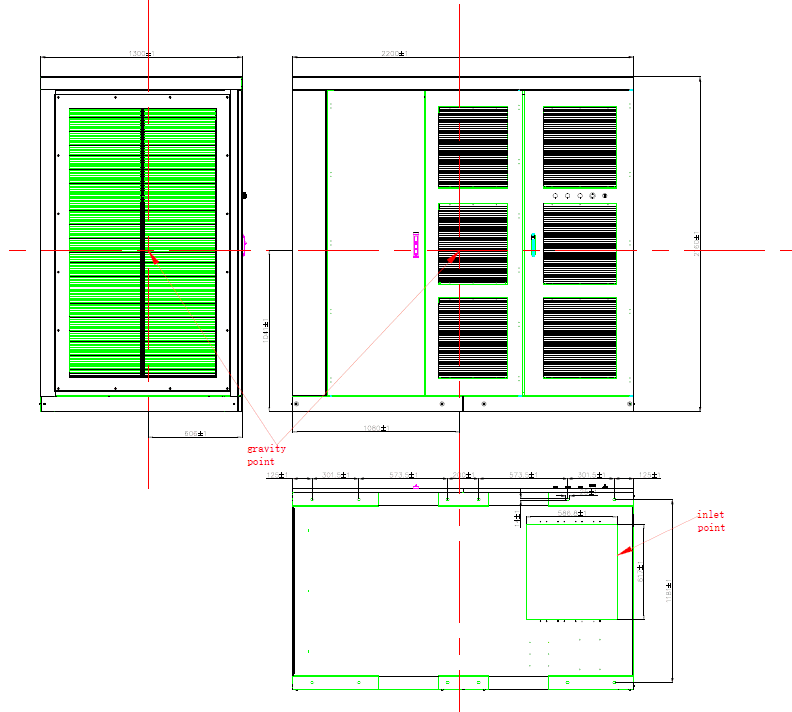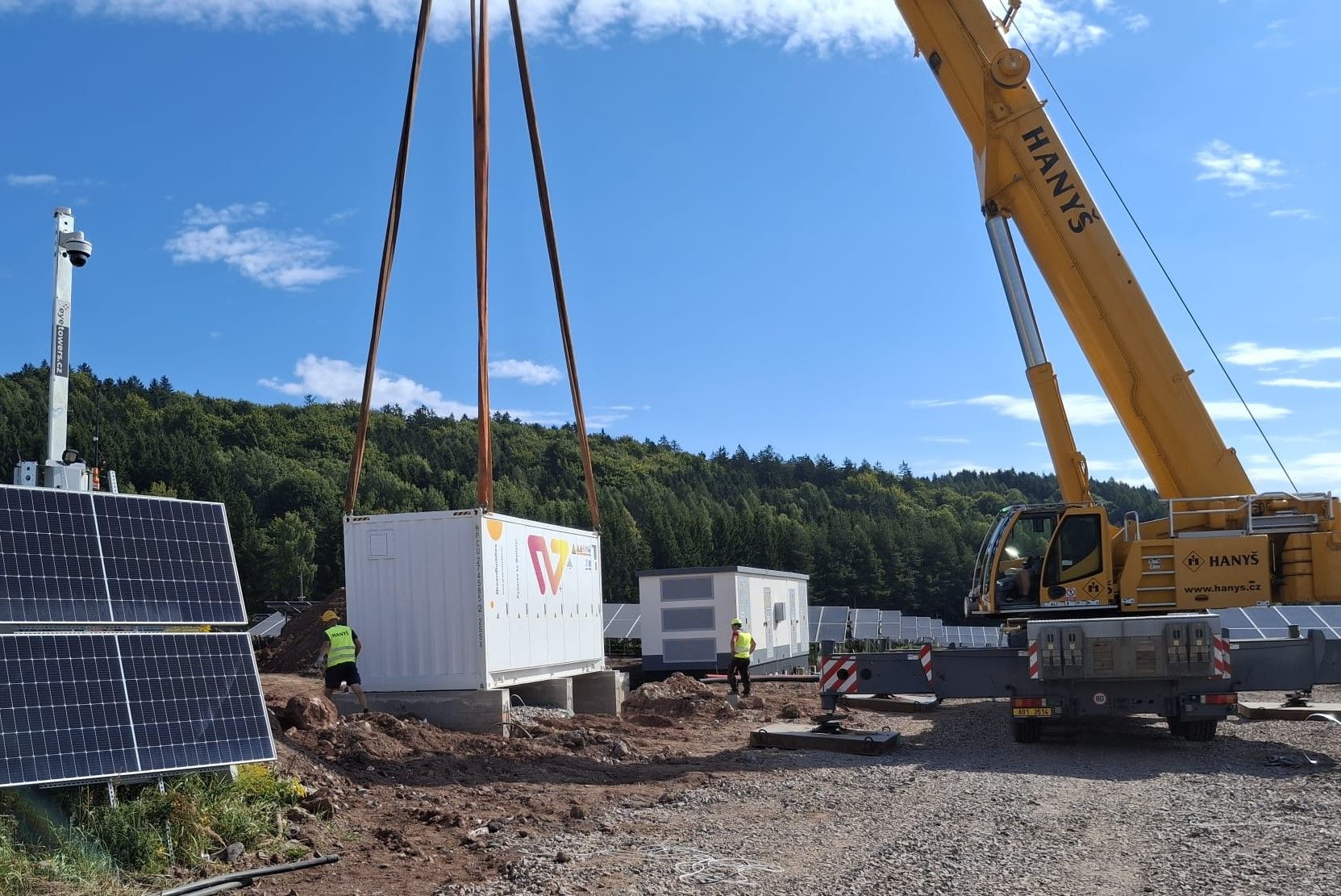Project Kickoff and Core Competencies of the EPC Contractor
A typical investor enters the project with an already developed design, including a building permit and secured grid connection. In some cases, the investor may also opt to purchase batteries and inverters directly. However, the remaining phases are usually entrusted to another party, which – in the role of the EPC contractor – assumes responsibility for all further stages and delivers a fully operational turnkey solution back to the client.
The key competencies of the EPC contractor are:
1. “E” for Engineering – Design Phase
The EPC project begins with a review of the validity and completeness of the provided documentation, followed by the immediate start of the detailed design documentation. At this stage, the final technology is specified, cabling is dimensioned and protected, and documentation is prepared for selecting the transformer station supplier. This phase also includes geotechnical surveys, which inform the foundation design for the battery containers and transformer station, as well as hardened surfaces for cranes and technology deployment. The project also addresses fencing, site security, and access roads.

2. “P” for Procurement – Technology Purchasing
Once the design is finalised, the next step is to request and order the necessary materials and equipment. This phase transitions seamlessly into the construction stage.
3. “C” for Construction – Execution
Construction works include preparing foundations, laying cables, and building reinforced surfaces. If the PV plant is delivered together with a battery system, this process is coordinated by a dedicated project manager.
Logistics and Technology Transportation
One of the most challenging aspects of BESS projects is the transportation and unloading of battery containers. These are typically classified as oversized and hazardous cargo (ADR), which requires special permits, planning several weeks in advance, and close coordination between all parties involved. Crane mobilisation with sufficient capacity can cost tens to hundreds of thousands of CZK, and any logistical error can cause delays of several weeks – resulting in significant financial losses. This is a highly specific, crucial, yet very risky part of the project.

Technology Commissioning and Start-Up
After installation, a series of tests and inspections is conducted for temporary operation (so-called UPOS). This phase also involves various administrative steps such as final inspection approval, licence acquisition from the Energy Regulatory Office (ERÚ), registration with the Ministry of Industry and Trade (MPO), and others. These tasks are often interlinked and may take several months to complete.
At some point during this process, the battery storage system may begin operating for commercial flexibility purposes. However, the provision of Frequency Containment Reserve (FCR) services only starts after the final grid connection (UTP), which requires successful physical tests and simulation scenarios. These simulations, which account for the generator behaviour and distribution network parameters, are highly complex. Currently, Czech DNOs mostly accept simulations from just one local company, resulting in long waiting times. Additionally, CEPS certification tests are required for FCR provision – even if the service is provided through an aggregator rather than directly.
Technical Testing and Coordination with Foreign Manufacturers
Each manufacturer of batteries and inverters follows a defined commissioning protocol: measurements, communication interface testing, dispatcher control integration, aggregator connection, container fire suppression system testing, battery balancing, and so-called SAT (Site Acceptance Tests). Manufacturers usually send a technician to supervise the process, but they typically are not authorised to work locally. Therefore, the contractor must provide qualified personnel to carry out the commissioning under the manufacturer’s guidance. A well-coordinated team can complete this phase within 2–3 weeks, whereas poor planning can result in delays of up to a month.
Collaboration Models with Greenbuddies
Greenbuddies offers two main delivery models:
Full EPC (Turnkey)
In this model, Greenbuddies provides a complete delivery, including all technology, meaning we take full responsibility for compatibility, functionality, and warranties. This approach significantly reduces investor risk.
Light EPC
In this model, the investor procures key components such as batteries and inverters independently, while Greenbuddies handles the remaining project scope. This approach is suitable mainly for experienced investors. However, it is essential to:
- Ensure the technology complies with EU standards and is mutually compatible.
- Ensure availability of technical documentation for design.
- Verify integration with control systems, dispatching, and monitoring platforms.
Financial and Scheduling Considerations
When selecting a EPC contractor, it’s not enough to consider just the price – experience and adherence to timelines are key. While EPC typically represents around 20–25% of the total project budget, it actually covers up to 95% of the activities required to commission a battery storage system.
For example, in a 2 MW / 5 MWh project, a single month of delay may result in a loss of CZK 1.5–2 million. Each week of delay may cost up to CZK 0.5 million in missed revenue due to the BESS not being operational. A properly chosen partner with a clear schedule and knowledge of process interdependencies can be the decisive factor in a project’s success.
🔧 Greenbuddies are ready to be your reliable EPC partner in the field of BESS. With our expertise, in-house engineering, and ability to manage complex deliveries, we will help you complete and commission your project on time and efficiently.

